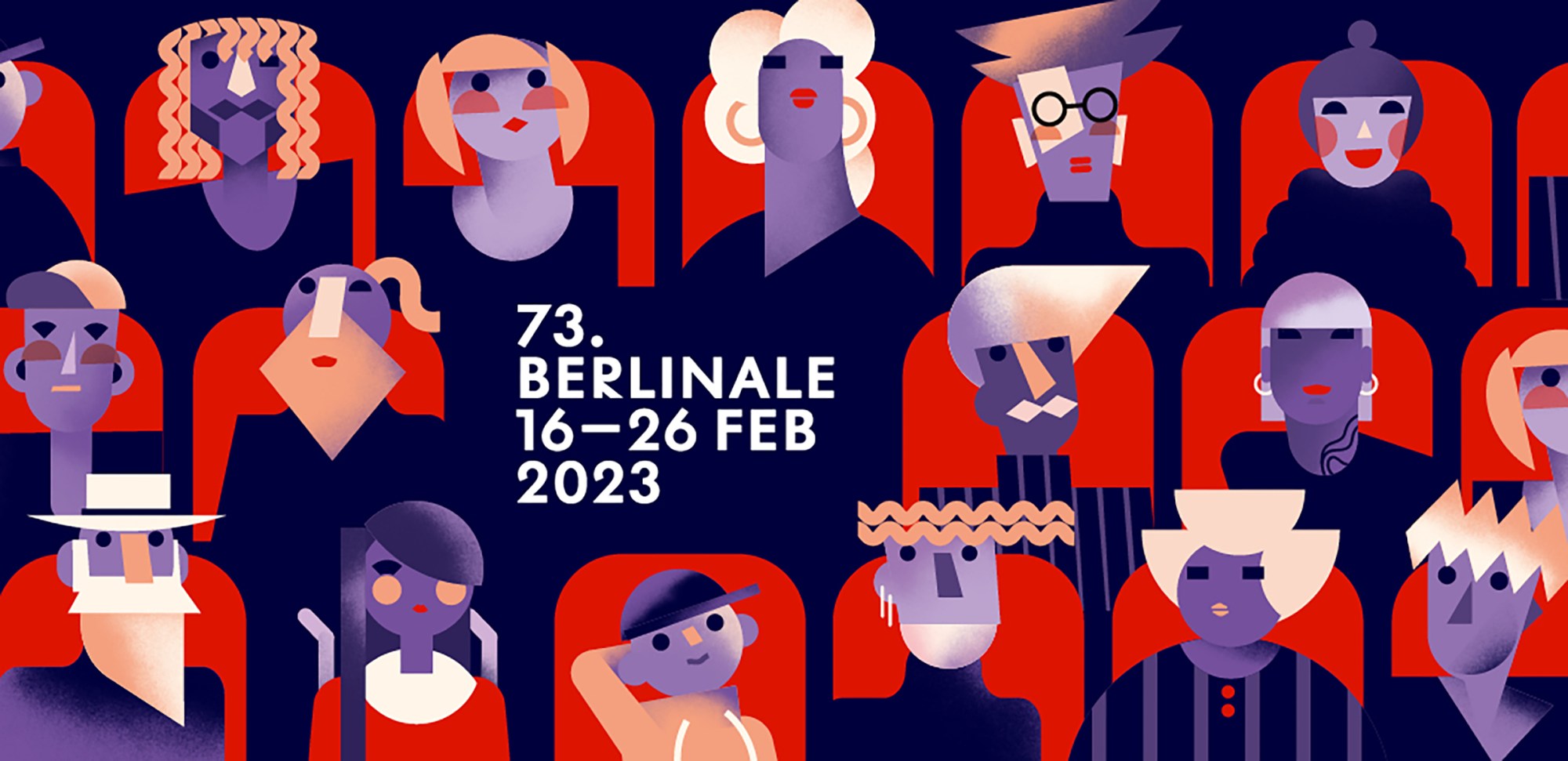
- Festivals
Berlin Film Festival
After Cannes and Venice were able to restore themselves to full splendor for their 2022 editions, the 73rd Berlin Film Festival gets its chance for cinematic glory from February 16 – 28 at its Potsdamer Platz ground zero.
Kicking things off will be the world premiere of director Rebecca Miller’s romantic comedy She Came to Me, starring Anne Hathaway and Peter Dinklage.
The out-of-competition film promises to be an exploration of “love in all its forms,” and is set in New York City, centering on composer Steven Lauddem (Dinklage), who is creatively blocked and unable to finish the score for his big comeback opera. At the behest of his wife Patricia (Anne Hathaway), he sets out in search of inspiration. What he discovers, is much more than he had bargained for or imagined.
“We are very pleased to open this festival edition with an irresistible comedy that builds upon the everyday conflicts of western society,” stated Berlinale directors Mariëtte Rissenbeek and Carlo Chatrian.
“The characters, conceived by Rebecca Miller and incarnated by fantastic actors, choose to follow the inspiration of the moment instead of being led by societal dictates. Like a pre-code Hollywood film, She Came to Me is a magical ode to the freedom of expression.”
For the highly coveted Golden and Silver Bear Awards, eighteen films are in competition from around the world, one third of which have been directed by women. Among the titles are Someday We’ll Tell Each Other Everything from home country Germany, Bad Living (Portugal), Limbo (Australia), Tótem (Mexico), The Plough (France), Blackberry (Canada), Disco Boy (Italy) and Past Lives (US).
Judging the merits of these entries is an impressive group composed of Jury President Kristen Stewart, Iranian-French actor Golshifteh Farahani, German director and screenwriter Valeska Grisebach, Romanian director and screenwriter Radu Jude, casting director Francine Masiler, Catalan director and screenwriter Carla Simon and Hong Kong director and producer Johnnie To.
Receiving an Honorary Golden Bear for lifetime achievement will be the recent double Golden Globe winner Steven Spielberg, who will screen The Fabelmans and showcase a retrospective of his film legacy, including Bridge of Spies, Jaws, Raiders of the Lost Ark, Munich and E.T., in the prestigious Homage section.
Artistic director Rainer Rother explains the legendary filmmaker’s acknowledgment. “In a career spanning 50 years, Steven Spielberg has left a decisive and lasting imprint on the art of cinematic storytelling, while continuing to tackle sensitive subjects. Entire generations of enthusiastic movie-goers all over the world have grown up with his oeuvre. The Homage film selection exemplifies that multi-faceted opus.”
Along with producing a celebration of film, Rissenbeek and Chatrian have also dipped their toes in a bit of politics as they revealed the colors of the festival will be blue and yellow, the colors of the Ukrainian flag. During a pre-festival press conference, they spoke about the coincidence that the festival will unfold one year after war broke out there, and, with the addition to the festival of Sean Penn’s documentary, Superpower, which chronicles the struggle between Zelensky and Putin, the timing couldn’t be more apropos.
“Maybe showing this film in Berlin has a more relevant meaning than in any other place, because we are close to Ukraine, because Ukrainian people live in Berlin and also because of the political value of this film. But it’s not the only one dealing with Ukraine. For me Superpower — I’m aware that it will draw a lot of attention — is a great door to let you enter to the very complex, rich description of what happened and is still happening in Ukraine right now,” noted Chatrian.
With over 400 films initially submitted for screening, Berlin will unspool more than 250 in various feature and documentary categories, including retrospectives. And while audiences will eagerly sit unmasked for the first time in three years at the Palast, organizers are keenly aware there is some sensitivity to Covid caution.
In a recent interview with Screen Daily, Rissenbeek talked about the festivals approach in facing all that has changed.
“After two years of the pandemic, we thought we’d go back to the same routine as our first Berlinale in 2020, but everything has changed. We’ve had to renegotiate with all the locations, technical service companies and even catering and hotels. Because of the war [in Ukraine] and the energy crisis, you might start negotiating with someone in August, but when you finalize the deal in December, the price has gone up. It has made things much more difficult. Also, arthouse audiences have partly come back, but partly not. We see it as our role to motivate people to return to the cinema and experience watching films together.”
Sehr Gut. Lass uns heute Abend einen Film anschauen.
(Very Good. Let’s watch a movie tonight!)

